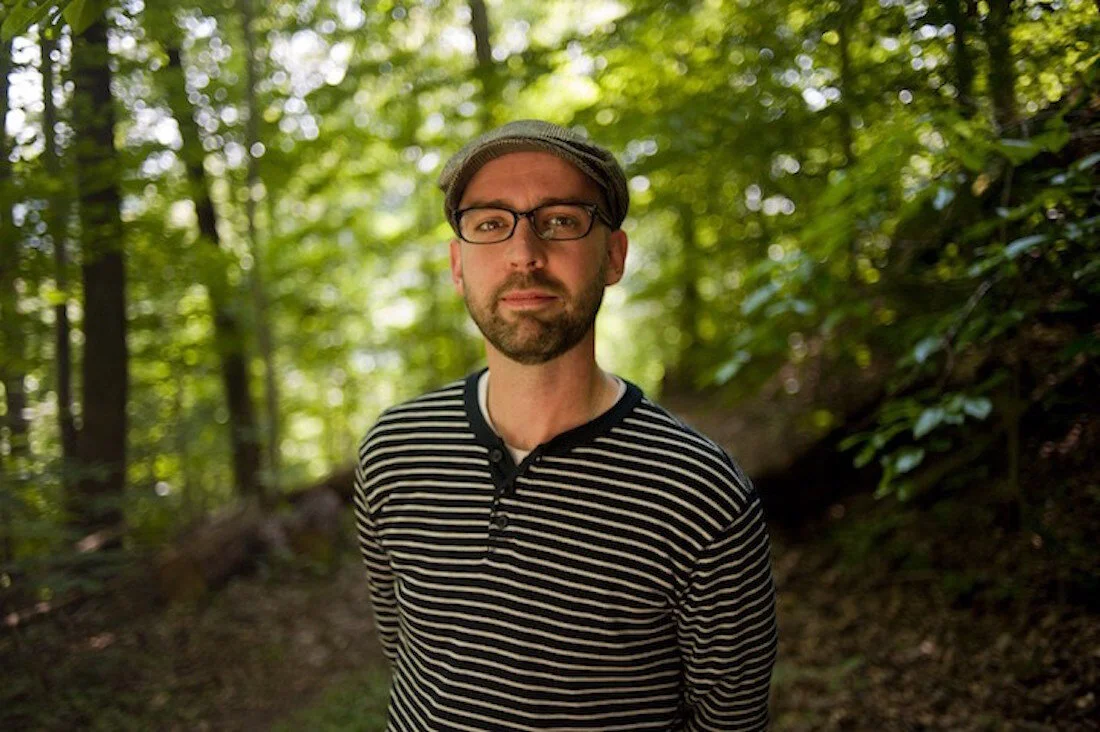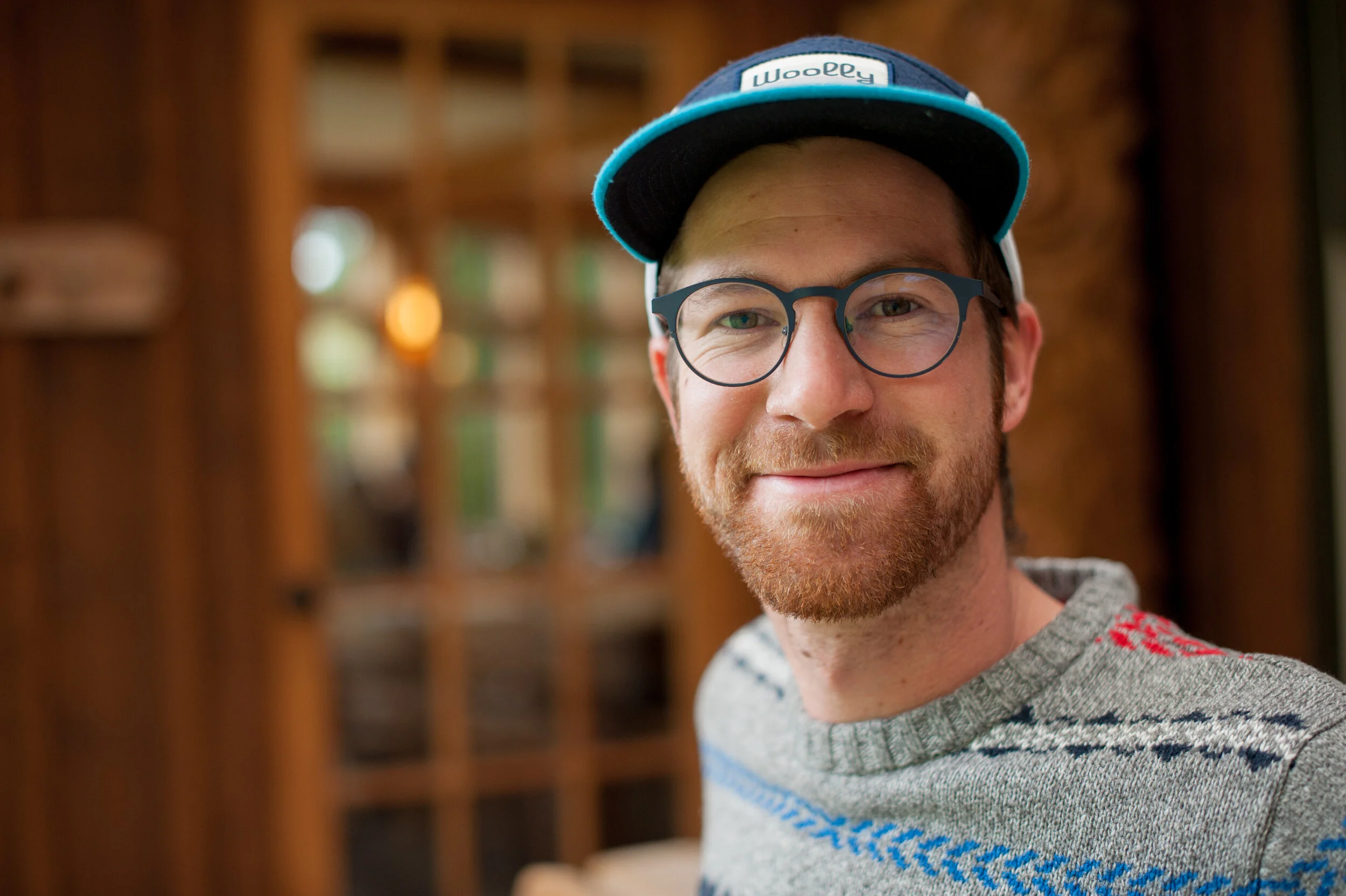An Interview with S.D. Smith, Author of The Green Ember Series.
We've been talking lately about the idea of creating as a gift of love for your audience. You started The Green Ember Series as stories for your children. How has that shaped your process, or the result?
Make. Believe.
A one-day storycraft and character course for generous young writers. April 24 in Colorado Springs.
It’s certainly made it clearer. In my mind, I’m committed to thinking about the reader with love, but that is easy to lose a grip on in an abstract way. The fact that my own kids were the first audience for my Green Ember books has been a gift to me. The love and service I owe to and aim for in considering the reader is an extension of a love and vocation that already exists in my household. I don’t need to pretend to love my audience or work very hard to picture them. The barriers are gone.
And the less broad and more particular we can be when we create, the better. Aim at something and you may hit it and anything around it. It might surprise you how far it goes. Aim at everything, and you are almost certain to hit nothing.
There's a lot of vulnerability that comes with being an artist. You're offering something of yourself—to an anonymous Public, to a scary critic, maybe to an agent or producer; whether they like it or not affects your future, so in some sense they're judging you, not just the book or the album or the painting. Does this alternative dynamic (creation as a gift, for real people you love) change anything about that?
It changes almost everything. As I mentioned earlier, I think it’s impossible to write for everyone. It’s also nearly impossible to write for lots of different kinds of readers. I think focusing on the intended audience and what serves them best is crucial. This includes letting any close calls on iffy things go in favor of them instead of in favor of a gatekeeper (an agent, a publisher), or a censor (the Zeitgeist Gestapo). That doesn’t mean coaches (beta readers, editors) should be ignored, only that a kind of purity of purpose (rooted in love and service for your reader) should be the joint aim of both you and your coaches.
The best love songs are particular, not vague and general. I believe the best art is particular. This doesn’t mean the reader/audience is for the creator a nagging ghost haunting every paragraph, or stroke, or strum. For writing, most often the best thing for the reader is for the author to aggressively serve the story and invest herself in it fully. But what is that for? That is for someone. Someones. This isn’t a consideration to shackle the artist, but to root his vocation in reality, a reality where more people exist than him. Where he is in a community and has something to offer to others.
I believe the best art is not self-indulgent or even self-expressive, but is anchored in communion with and love for others.
What advice would you give to a budding young writer who's thinking, "Yes, this all sounds good, but how in practice does this change my process when I sit down in front of that blank page?”
I hinted at it above, but I think it’s more about the orientation of the writer herself than it is about the process. The process may look similar, but the scope of the work and the identity of the writer is different. Am I the center of the universe, grand and fantastic, gathering fans to worship at the altar of my genius? Or am I a member of a community that benefits from my gifts? Am I about self-expression alone, or about communication in some way?
One practical way is that your writing time may begin in prayer for your readers, and then getting to work in earnest. Because it’s not just about you, it’s about others, and you have something to share with them. It’s not just a journal you’re writing, it’s something meant to be made and then given and then received. I am a storyteller, not just a story maker. “Begin with the end in mind” is a helpful cliché here. If that orientation is always there, it makes the work take on new meaning and urgency. Generosity is a fantastic catalyst; self-indulgence is depressive and spirals inward.
You might also give up on the self-indulgent excuse of “Writer’s Block.” Do other vocations get that disease? Why should we? We have people to serve, too. So we need to show up, be faithful, generous, and hospitable.
Read More from the Centric Genius series
The modern romantic ideal of the artist is the eccentric genius; a loner, an outcast, different from everyone else. But no Christian exempted from the call to love his neighbor. This series explores the ingredients and avenues with which artist Christian can be a thriving part of the Body of Christ. View the whole series.












